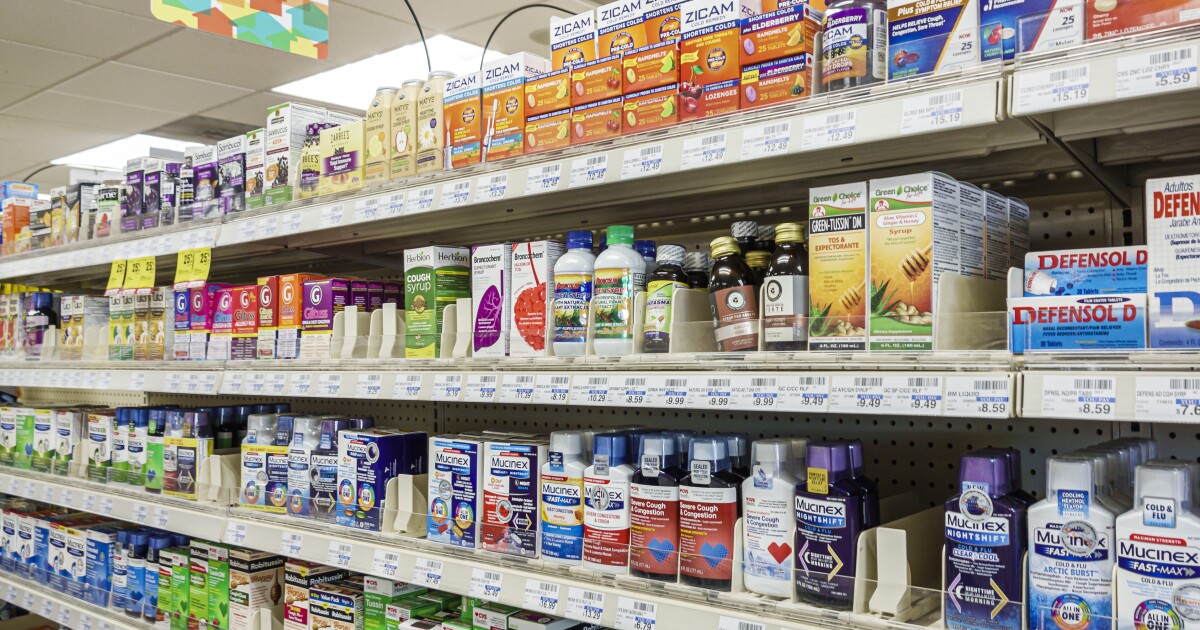When you stroll down the cold and flu aisle in a drugstore, it’s easy to get lost in the dizzying array of products promising to clear sinus pressure, dry up sniffles and stop plaguing coughs. Some concoctions even offer it all in one magical pill.
But doctors say the science behind some of those claims is lackluster.
“There’s just not much that’s very effective for treating the common cold,” said Dr. Lauren Eggert, clinical assistant professor in the Pulmonary Allergy and Critical Care Division at Stanford University.
“Most of the things out there — antihistamines, decongestants, cough medicines — none of them have a lot of evidence that they’re super effective at improving cough or common cold symptoms.”
Headlines blasted that message in September when advisers to the FDA found oral phenylephrine, which is an active ingredient in some Sudafed, Mucinex, and Dayquil products, is simply not effective. The review was prompted by inquiries dating back nearly a decade.



Just a reminder that phenylephrine, the replacement for Sudafed in OTC decongestants, isn’t any more effective than a placebo.
If you want a decongestant, use a nasal spray (very sparingly because rebound effect)
Seriously, just don’t use nasal spray ever. I was addicted to it in high school. By addicted I mean I couldn’t breathe through my nose at all without it. The bottle says only use it every 4 hours, but it never lasts more than 1.
Yeah, the only time you should use it is to fall asleep.